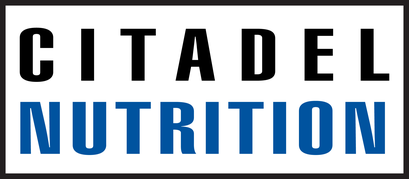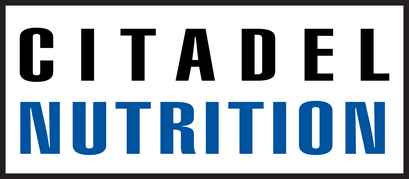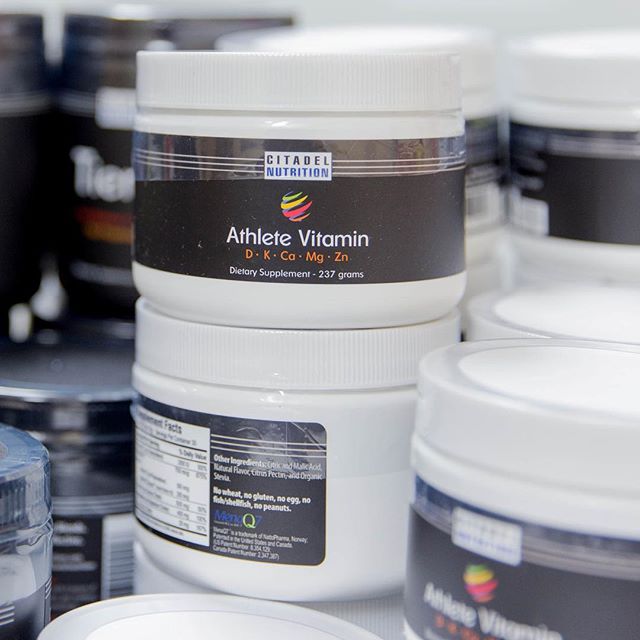
The Simple Truth About Supplements

For the original version of this article posted on Elite FTS please click here.
-----
As co-owner of a supplement company, I get a lot of questions about the role that supplements play when trying to reach fitness and athletic goals. Many of these questions are about trying to find the perfect supplement.
I want to state a simple truth…the most important factors toward achieving your fitness and athletic goals are your training and nutrition. Supplements can certainly help but should be considered after you have those factors in line. Supplements will never be the magic bullets that help you get your next PR in the gym, obtain the physique you want, or acquire the medals on the wall. Getting there takes epic amounts of consistency, will, and discipline. No amount of magic in a bottle will do it. Simply put, there aren't any shortcuts and there isn't any easy way.
There isn't any easy way.
If your goal is to gain strength, add muscle mass, or improve your athletic performance, get your training and nutrition dialed in. Make your training more effective by tailoring it to your specific goal, whether it’s strength, hypertrophy, a combination of both, or sports related.
Make sure it utilizes effective training principles like progressive overload. Have a basic understanding of your nutritional requirements. If your goal is muscle gain, eat at a caloric surplus. Fat loss? Eat at a caloric deficit. Understand what macros (fats, carbs, proteins) are and have an idea of your daily requirements. This is nothing new to most people reading this, but it needs to be stated over and over.
You’ll be hard pressed to find someone who does everything right when it comes to training. It’s difficult to find someone who eats a perfectly balanced diet, but here are some examples of what I’m talking about:
-
Joe wants to gain muscle mass. He spends time searching for the best type of creatine but doesn’t hit his daily protein goals.
-
Mike wants to gain weight. He thinks a mass gainer product will help him do this but eats at a caloric deficit.
-
Jill wants to lose fat. She decides to purchase the newest fat burner on the market and do tons of cardio. She eats at a caloric surplus.
-
Bill purchases a pre-workout/intra-workout/post-workout stack in the aim of increasing strength but doesn't consistently follow a training program that utilizes principles like progressive overload.

 USD
USD
 EUR
EUR
 AUD
AUD
 GBP
GBP
 JPY
JPY












